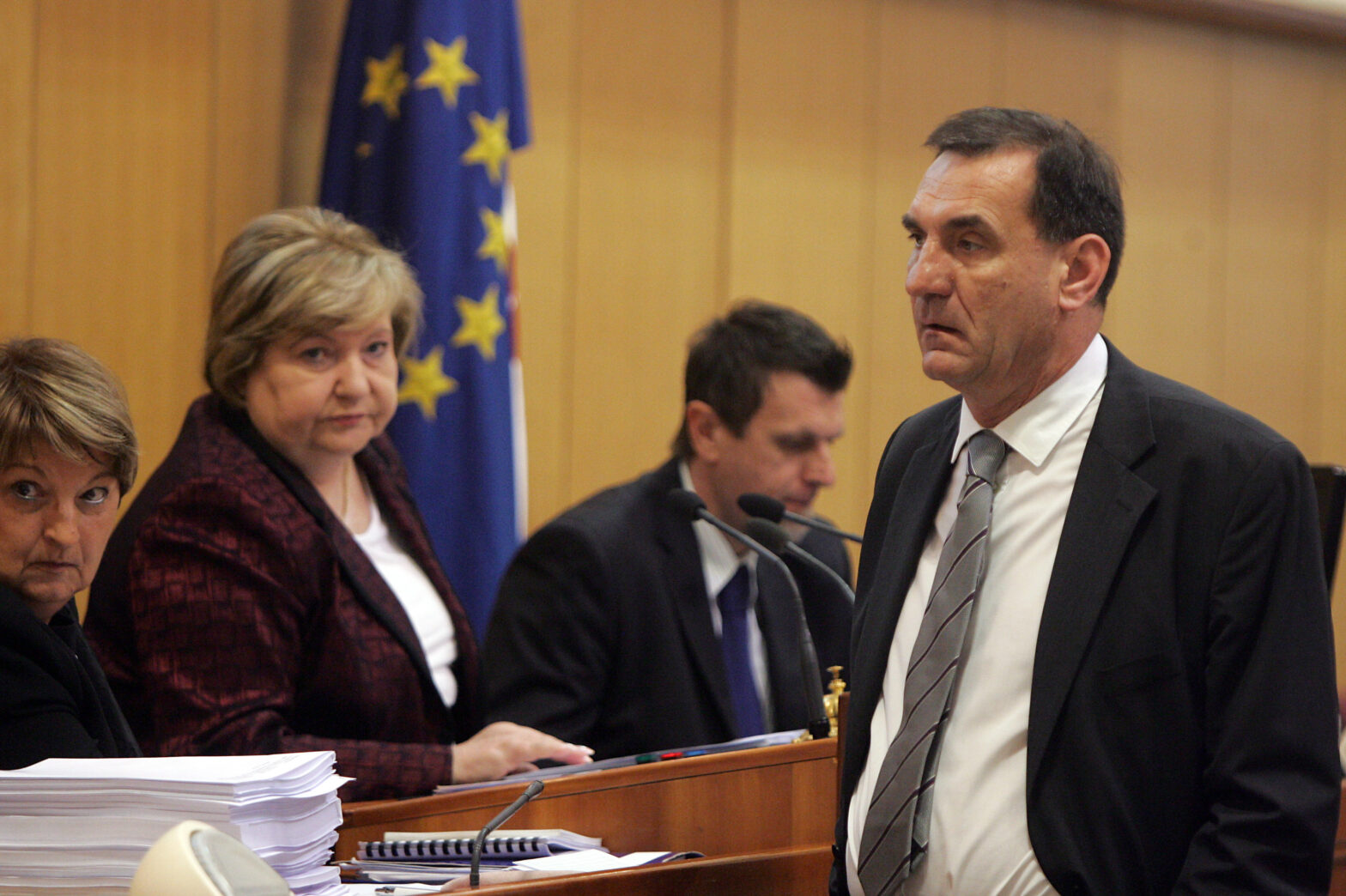The Croatian parliamentary presidency will be able to, in exceptional cases, recommend that a discussion of a certain topic can last a specified time and that the time assigned for discussion for political parties be on par to their representation in the Sabor, the chairman of the parliamentary Committee on the Constitution, Standing Orders and Political System Pedja Grbin announced on Wednesday.
The intention of this recommendation is not to limit the right to discussion but to better organise the work of the Sabor, to know when certain topics will be discussed, Grbin said presenting the final bill on the standing orders to the Sabor.
An annual plan of parliamentary sittings which is to be defined in the standing orders should contribute to the Sabor’s work, he said.
The orders introduce some other novelties – a new title for annual reports the prime minister submits to the Sabor will now be known as the government report on occurrences, problems and situation in society.
The activities of the Sabor concerning European Affairs will be regulated by the standing orders considering Croatia’s accession to the European Union on July 1. A committee on European affairs is to be established as the key body to conduct European affairs in the Sabor. Meetings of the committee will be convened by Croatian MEPs.
The committee will adopt a working plan to consider Croatia’s stances, review government reports on meetings of the Council of the European Union, participate in procedures to nominate Croatian candidates to bodies and institutions in the EU.
The new Standing Orders facilitate the establishment of a parliamentary group by political parties and independent MPs if jointly there are three MPs in the group which until now had not been regulated.
It is expected that the new Standing Orders will go into force on July 1. The Standing Orders adopted by Sabor in 2000 has been amended eight times.
